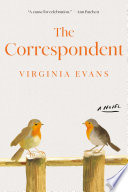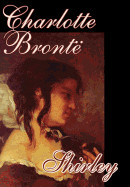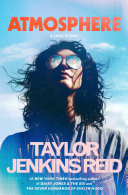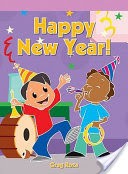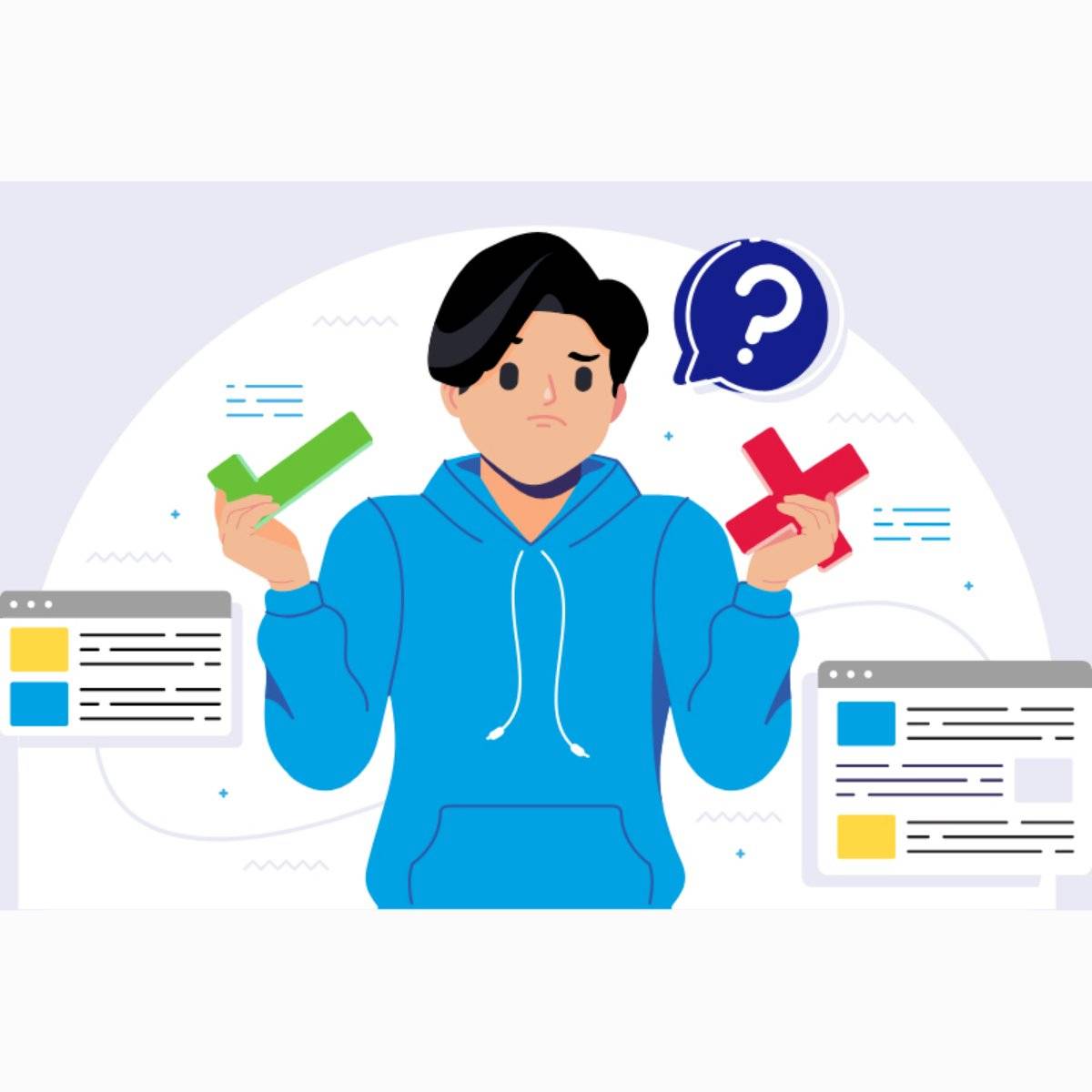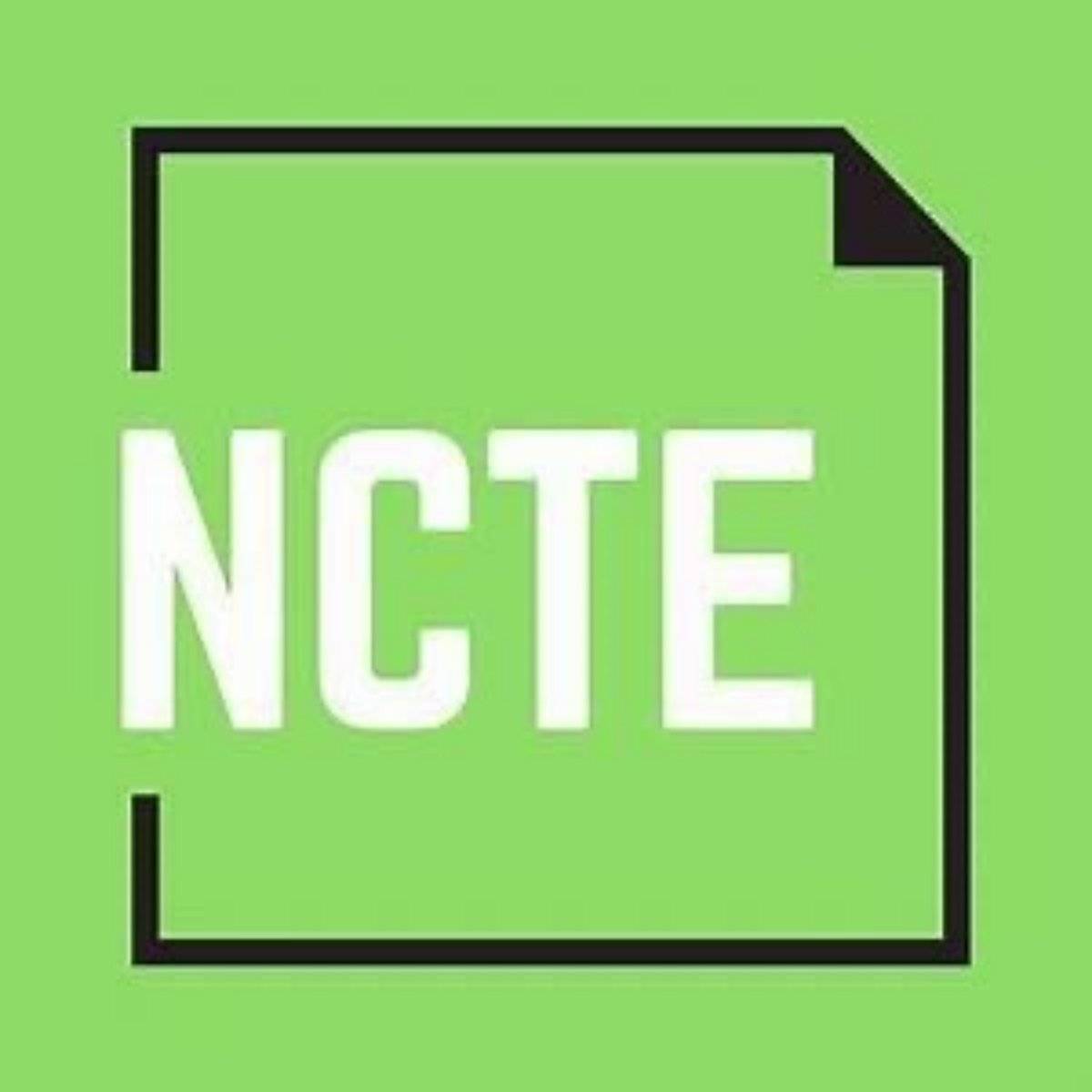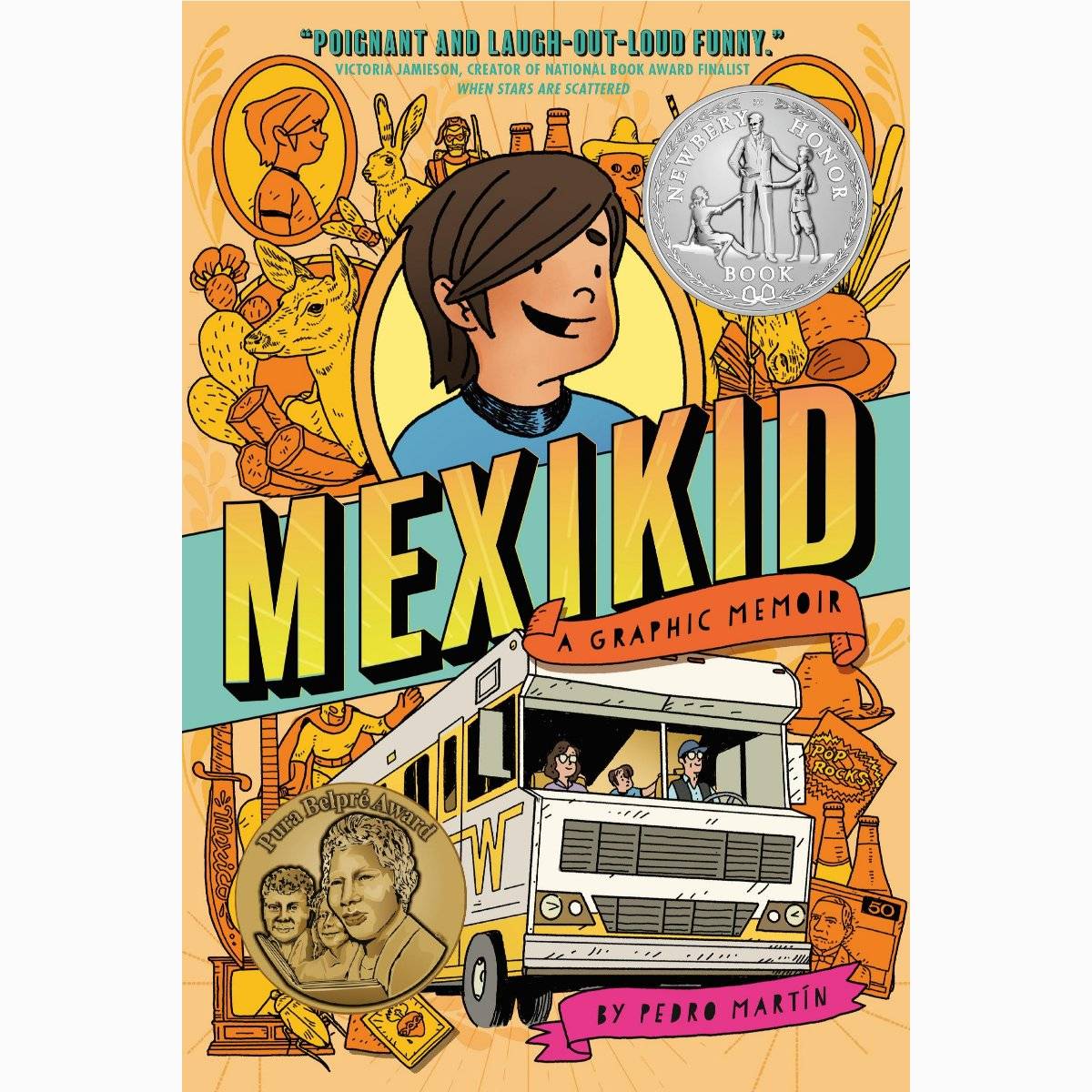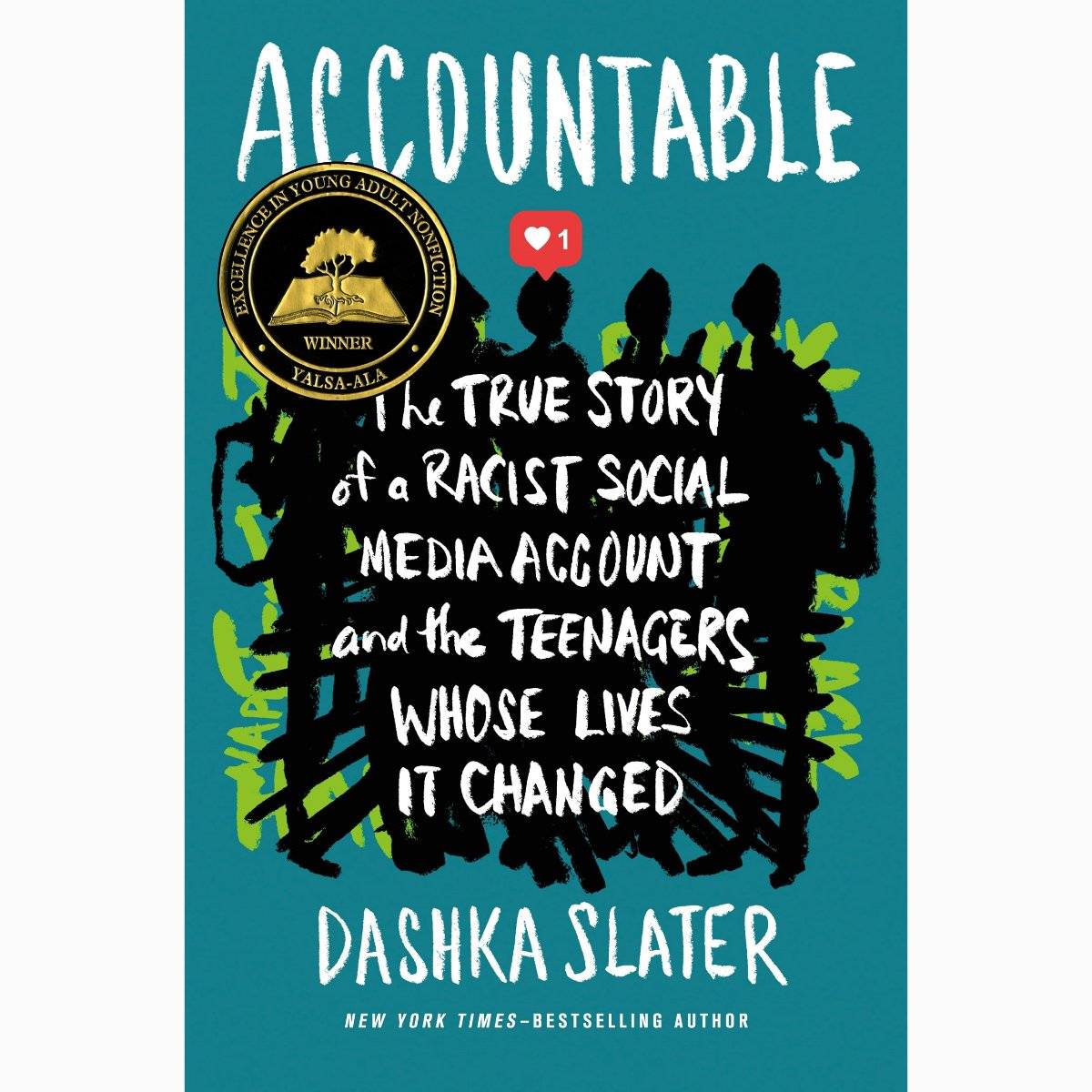
I wanted a little more from the perspectives of the girls who were targeted, but I get what the book is doing. It‘s trying to show how a whole culture can create space for this kind of thing to happen. Still, the strong focus on the perpetrators rather than the victims felt a bit odd to me. I think hearing the girls' stories would add another layer to an already dense situation.







